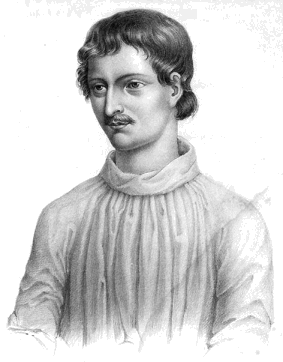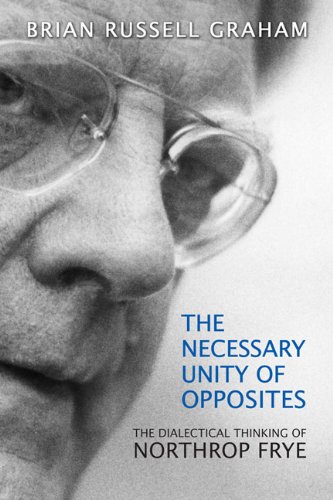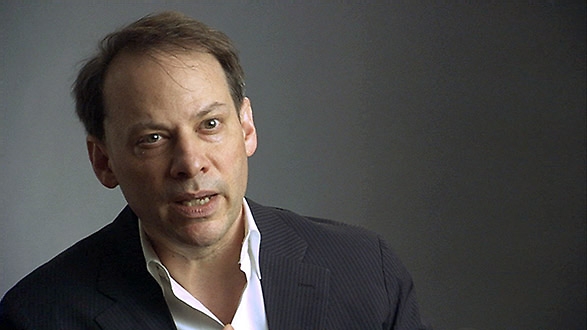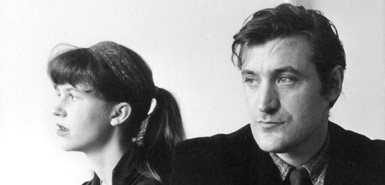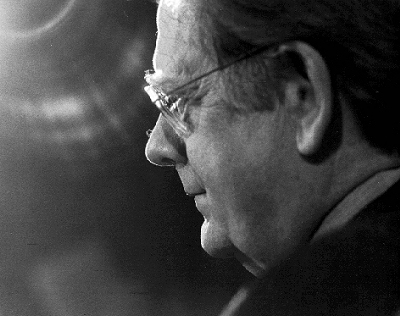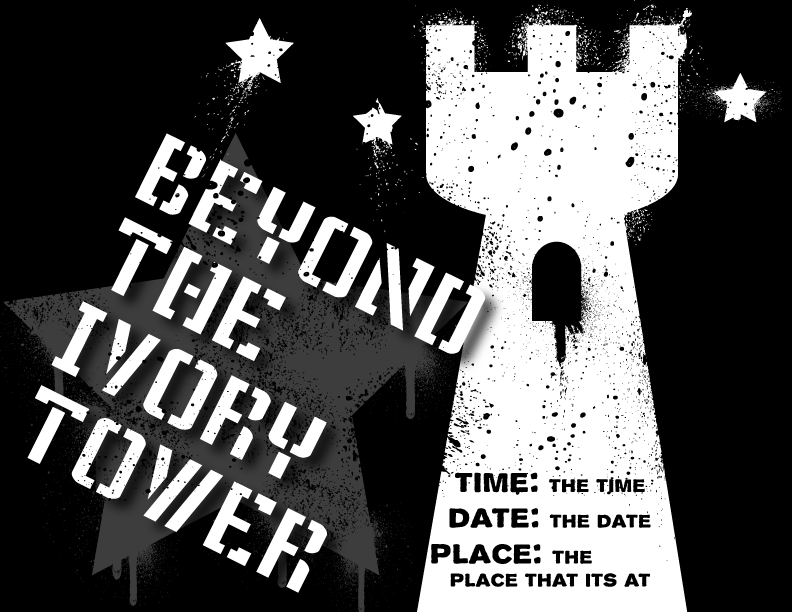
“So, what do you do for a living?”
It’s a question that makes me cringe. “I’m a Ph.D. student in comparative literature,” I say. And even though this admission is almost always received positively, I’m still hesitant to tell people.
But now, after two years of study at University of Toronto’s Centre for Comparative Literature, I’ve been rethinking this attitude. Why should I be reluctant to tell people what I do? I wouldn’t respond so timidly if I were studying law, or medicine, or engineering. Why should comparative literature – or any discipline in the humanities – be so different?
For many the answer is obvious. Wherever you go, there is a huge demand for doctors, lawyers and engineers. But humanities scholars? What do they contribute? Even though thousands of undergraduate students continue to major in the liberal arts each year, many in society question the value of an education which grants knowledge and critical-thinking skills but little practical vocational training.
Another reason, perhaps, for society’s skepticism toward academics is the archetypical image of the university as an “ivory tower” whose existence has little bearing on the world outside.
After several years spent studying and working in various educational institutions, I’ve come to accept the validity of both these concerns. When I started my undergraduate education at Sarah Lawrence College, a liberal arts school in New York, I knew that I was choosing a rough road. Five years after graduation, many of my old friends are deeply in debt, shuffling from job to job, and still unsure of their place in society.
And after two years of advanced graduate study, in which I occasionally have read opaque, jargon-filled academic articles, I too must question the value of ideas that don’t make it outside of the ivy-covered walls and into the real world.
But all these doubts dissipate whenever I enter a classroom full of undergraduate students.
As a teaching assistant for a class entitled “Ancient and Medieval Literary Modes,” I spent this past year leading 25-person discussions on some of the great works of the literary canon: Homer’s Iliad, Virgil’s Aeneid, and Dante’s Inferno, among others. As we discussed such topics as the meaning of honour, the nature of familial love, and the age-old question of what constitutes a good life, I dared to hope that my students’ insights would make their way beyond those classroom walls.
I chose to study the humanities because I wanted answers. I wanted to know why people who seem honest turn out to be liars. Why war, violence and injustice persist in every part of the world. I wanted to know how it is that people have overcome the most terrible conditions to fight for human dignity. And I wanted to know how, in this time of global terrorism, economic crisis, continued human rights violations and environmental destruction, we as individuals are supposed to live.
Continue reading →
